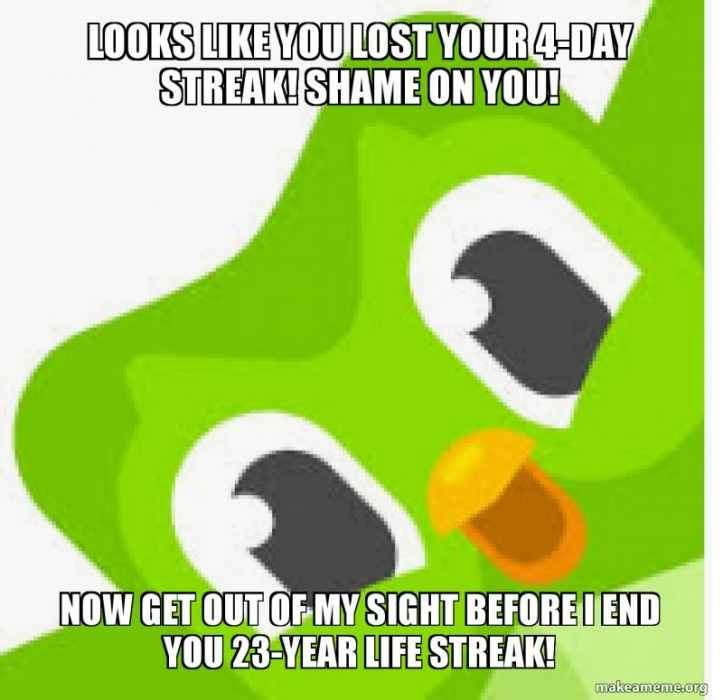
So this same principle is used on Duolingo. You know that annoying image pop-up on registration/login forms that gives you an image of a sign and asks you to verify by typing in what it says? That answer you type in actually gets sold – you’re basically translating something for them for free. In fact, the guy behind Duolingo ( Luis Von Ahn) previously worked on Re-CAPTCHA. I’m going to say something really unpopular and fairly controversial here (that you probably weren’t aware of).īy using their “free” software and doing their fill-in-the-blank exercises, you are actually submitting translations that are then sold to major corporations. So if Duolingo produces better results then why not take a completely free product over something you need to pay for, right? Makes sense?

My assumption is that anyone looking for a comparison between Duolingo and Rosetta Stone are doing so for one main reason: RS and Duolingo: Buying a product vs BEING the product If you love languages and language learning, make sure to sign up to The Guild (free) at the bottom of this page. I don’t represent or earn from either of these companies.īoth of them have strengths and weaknesses in different areas but I definitely have a personal preference between the two which I’ll explain in a moment.


I was honestly inclined not to write this post today (because it really is like comparing apples to oranges!) but since so many people ask about it, I thought I’d take some time to put the matter to rest. Is Duolingo better than Rosetta Stone? (or vice-versa?) Duolingo and Rosetta Stone are often compared side-by-side as language learning platforms and course options.


 0 kommentar(er)
0 kommentar(er)
